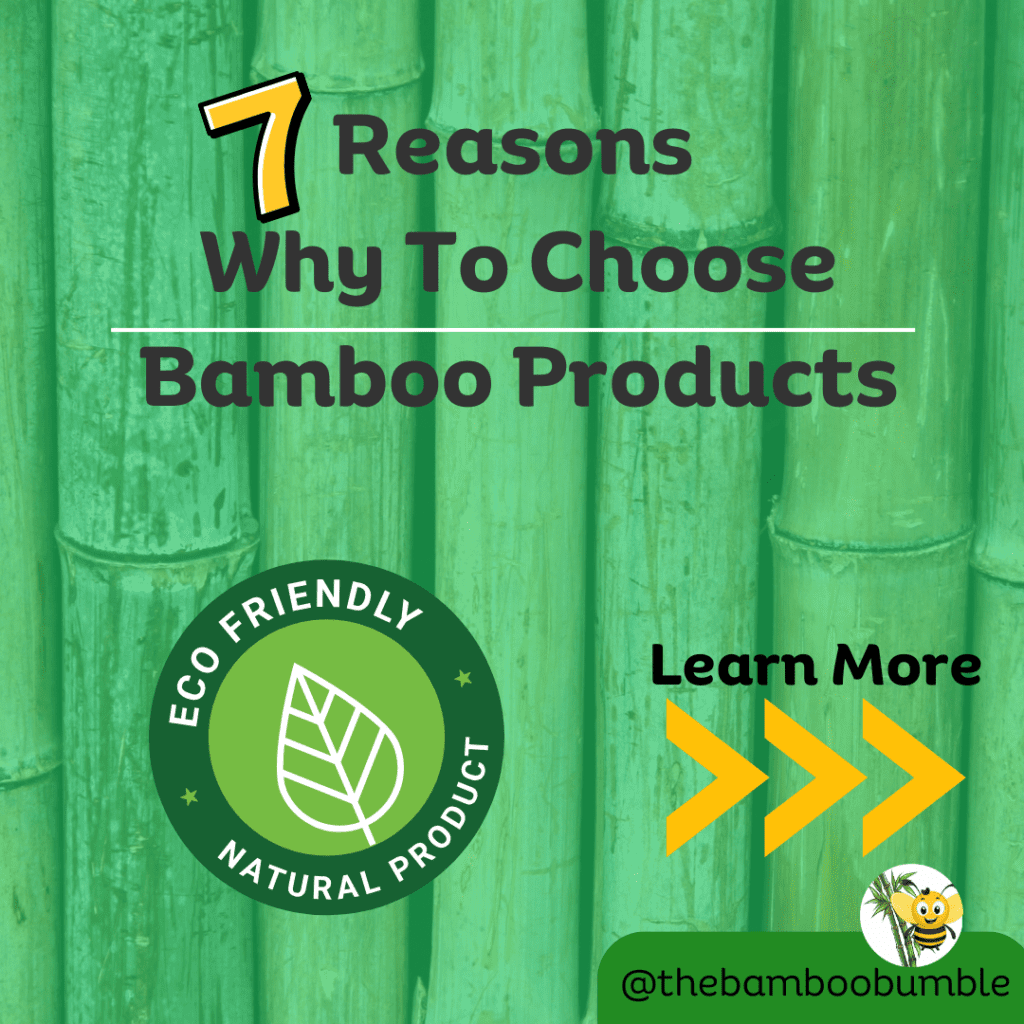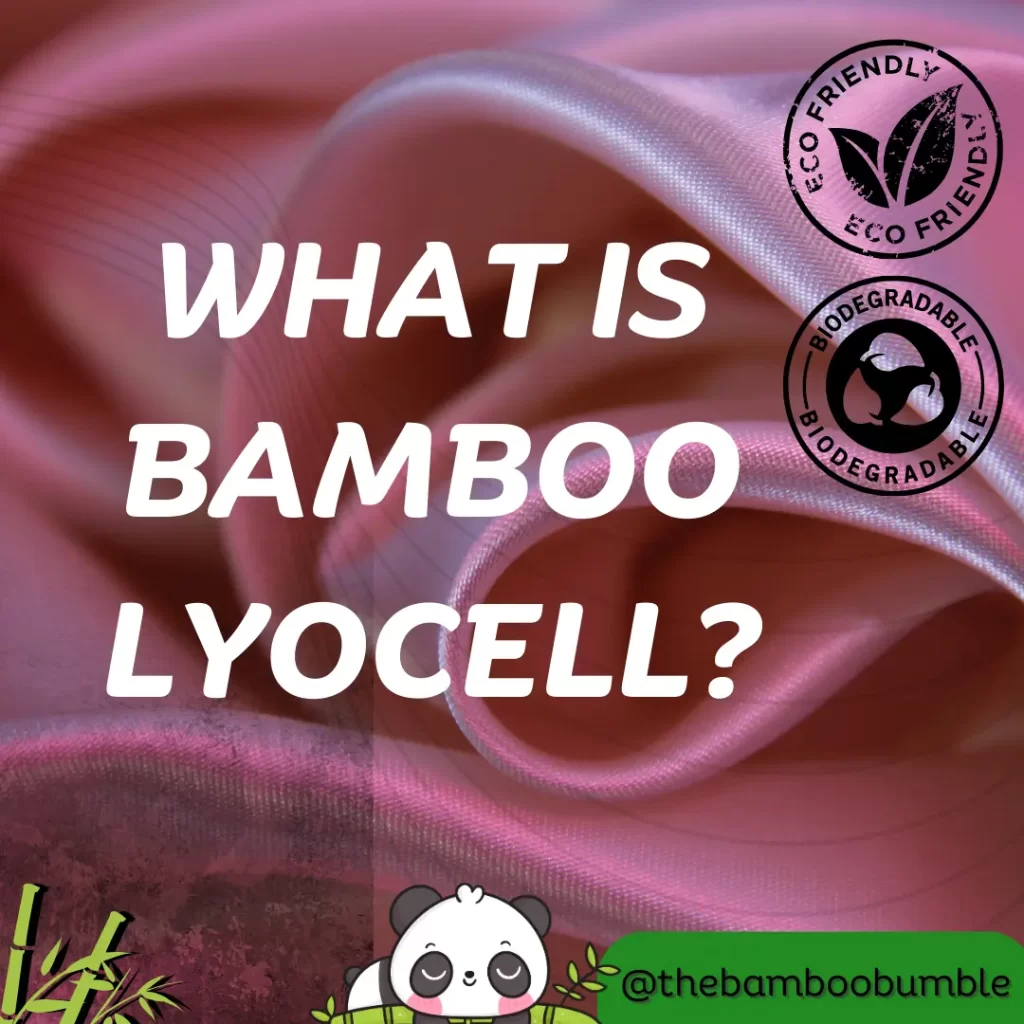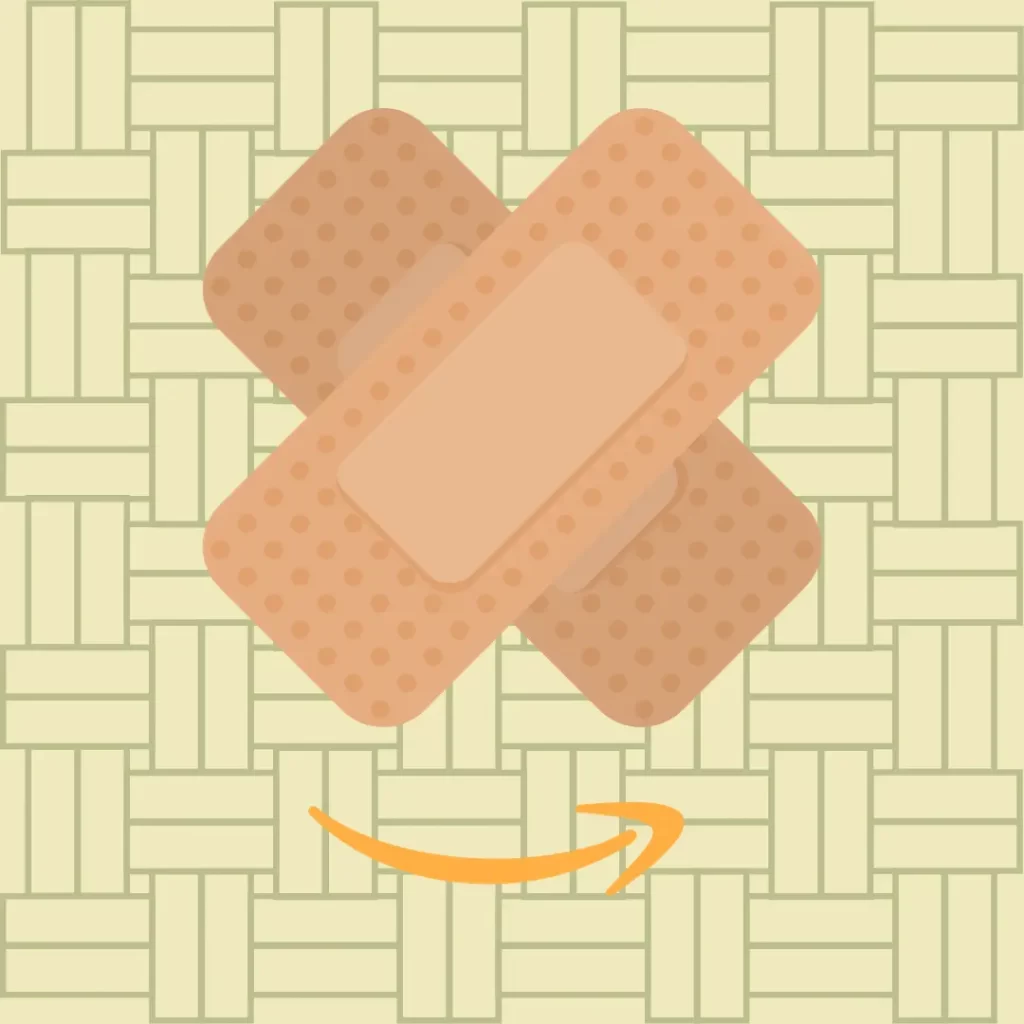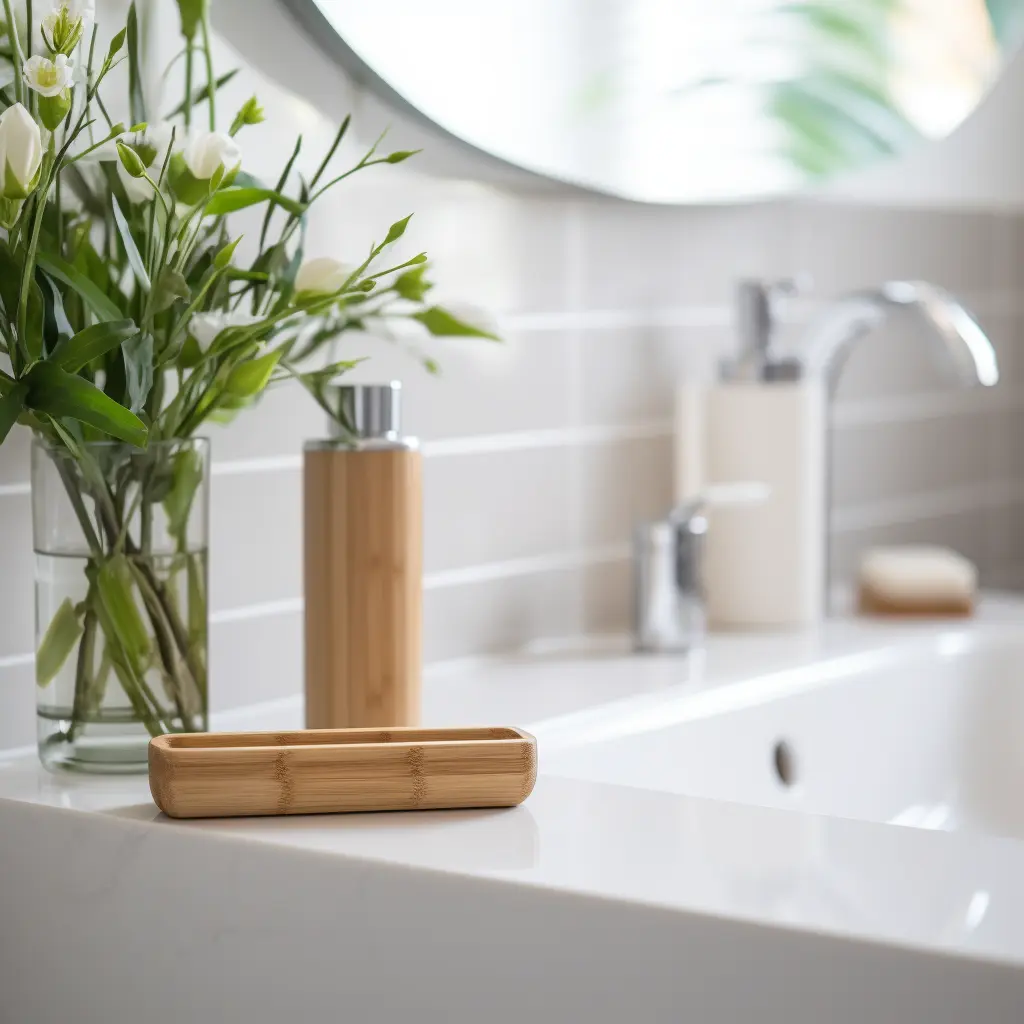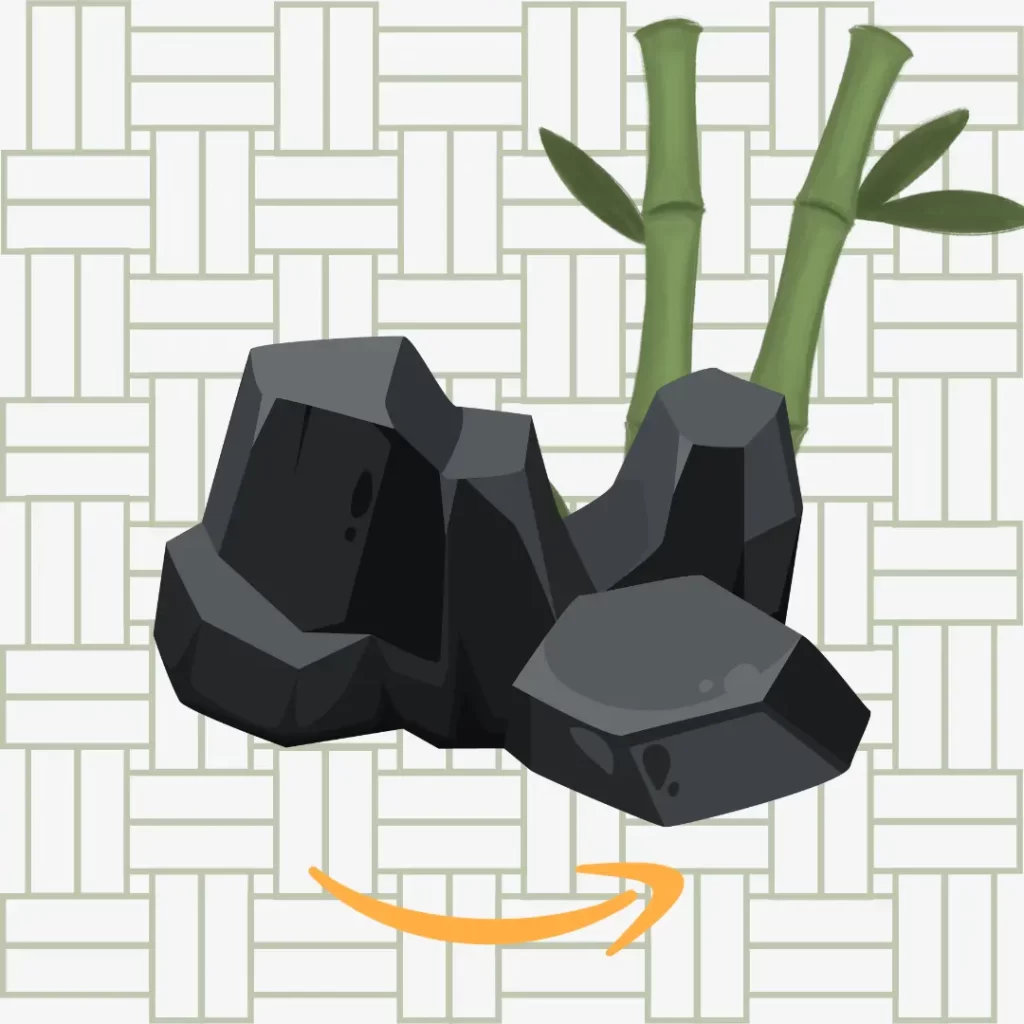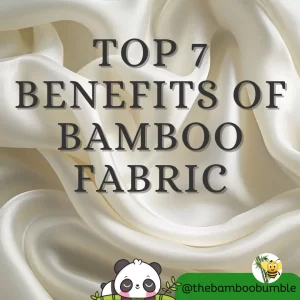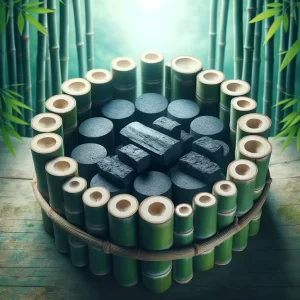Are Bamboo Products Antibacterial?
Just as Penicillin emerged as a wonder of medical science 💉, you’ve probably heard that bamboo products claim a similar, albeit lesser-known, marvel in the world of materials: natural antibacterial properties 🌱. You’re intrigued, aren’t you? After all, with bacteria lurking on nearly every surface 🦠, it’s comforting to think that your bamboo cutting board or sheets might be silently battling these unseen foes 👊. But let’s dive into the heart of the matter: Is there truth to these antibacterial claims, or is it all just clever marketing? This exploration will unravel the mystery behind bamboo kun, the substance believed to give bamboo its germ-fighting powers, and examine the research that puts these products to the test 🔍. You’ll come to understand whether or not bringing bamboo into your home is as savvy as it sounds for keeping germs at bay. 🏡🛡️
Table of Contents
Key Takeaways
- Bamboo’s Secret Agent 🌿: Bamboo contains a substance called bamboo kun, which is responsible for its antibacterial properties.
- Research-Backed Benefits 🔬: Research confirms that bamboo and bamboo fibers can reduce bacteria growth.
- Scientifically Substantiated… With a Twist 🤔: The antibacterial claims of bamboo products are supported by scientific evidence – with caveats.
- Technological Boosts 💡: Advancements in processing technologies may amplify bamboo’s antibacterial properties.
- Charcoal Power-Up 🌑: Manufacturers often include bamboo charcoal, especially with fabrics, to help improve the antibacterial and deodorizing capabilities.
Introduction: The Growing Interest in Bamboo’s Antibacterial Properties


Bamboo has been popping up in everything from cutting boards to clothing. It’s not just its sustainability that’s catching your eye; there’s buzz about its antibacterial properties too. But what’s the actual science behind this, and how does it impact you as a consumer?
Why Bamboo? A Sustainable and Eco-Friendly Option
Amidst the search for sustainable materials, you’ll find bamboo at the forefront, prized not only for its eco-friendliness but also for its inherent antibacterial properties. This remarkable plant offers a myriad of benefits that make it a top choice for eco-conscious consumers like yourself. It’s a fast-growing grass (that’s right, grass!), requiring little to no fertilizer and little water, making it a superstar in sustainable farming. It’s additionally pest resistant, which minimizes or eliminates the needs for pesticides. What’s more, bamboo’s ability to regenerate quickly means it doesn’t contribute to deforestation, helping preserve our planet’s green lung. You’re looking at a material that’s not just kind to the environment but also brings antibacterial qualities to the table, which is great news for both your health and the planet.
The Science Behind Bamboo’s Antibacterial Qualities
As we dig into the reasons behind bamboo’s growing popularity 🌿, it’s important to understand the science 🔬 that confirms its antibacterial properties. Bamboo has a secret weapon called “bamboo kun,” 🛡️ a naturally occurring substance that repels pests and pathogens. Researchers have found that this bio-agent is largely responsible for the plant’s resistance to bacteria and fungi, even after the bamboo has been processed into fabric or other products.
What’s fascinating is that when you use bamboo items, you’re harnessing this natural defense 🌱. Studies show that bamboo and bamboo fibers can reduce bacteria growth, which is why you’ll find them increasingly used in products like towels 🛁, cutting boards, and even clothing 👕. This isn’t just marketing hype (sometimes it is – it does depend on the manufacturer); there’s genuine science backing up these claims, making bamboo a smart choice for the health-conscious consumer.
As always, check your specific product, manufacturer, and the process they use to ensure they follow sustainable practices and retain the antibacterial properties we’re looking for in our products! 🌍
The Heart of Bamboo’s Antibacterial Nature: Bamboo Kun Explained
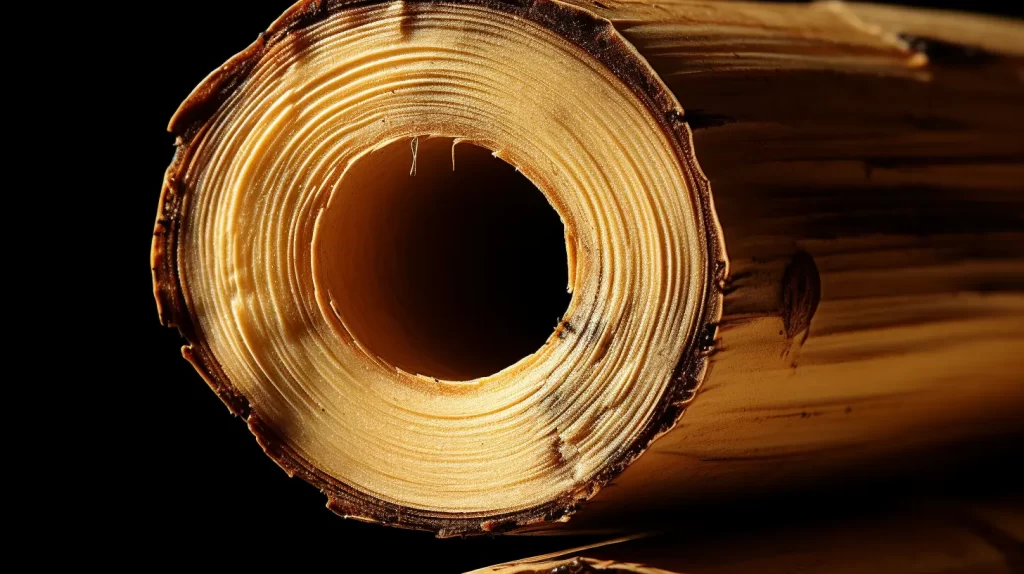

Bamboo kun, this natural agent is responsible for keeping bamboo resistant to pests and fungi as it grows. But how does bamboo kun fare once the plant is transformed into the products you use every day? Let’s find out.
From Plant to Product: How Bamboo Kun Works
What is bamboo kun? This substance is what makes bamboo naturally resistant to pests and fungi, allowing it to grow without the need for pesticides or chemical treatments. When bamboo is processed into products, this antibacterial agent continues to protect:
- Inhibits Bacterial Growth: Bamboo kun prevents harmful bacteria from proliferating on the surface of bamboo products.
- Reduces Odor: By fighting off bacteria, bamboo kun helps to keep items fresher and odor-free for longer periods.
- Sustains Durability: Products made from bamboo retain their integrity because bamboo kun helps to prevent decay and degradation.
This is how it works from the perspective of the plant…but does it still work when we get to product?
The Impact of Manufacturing Processes on Bamboo Kun’s Effectiveness
Let’s dive a bit deeper into bamboo’s secret weapon, the bamboo kun. 🌱 It’s all about how bamboo is transformed from its natural state into the products we love. The journey from raw bamboo to your favorite item is crucial. Think of it like a recipe – the way it’s cooked really matters. Too much heat or harsh chemicals can strip away those amazing antibacterial properties. But with just the right touch of gentle, eco-friendly processing? That’s when the magic of bamboo kun stays alive! So, a pro tip: when shopping for bamboo goodies, take a quick peek at how they’re made. It’s the difference between ‘just bamboo’ and ‘bamboo with superpowers’! 🚀
Bamboo Fabrics in Focus: Viscose vs. Lyocell
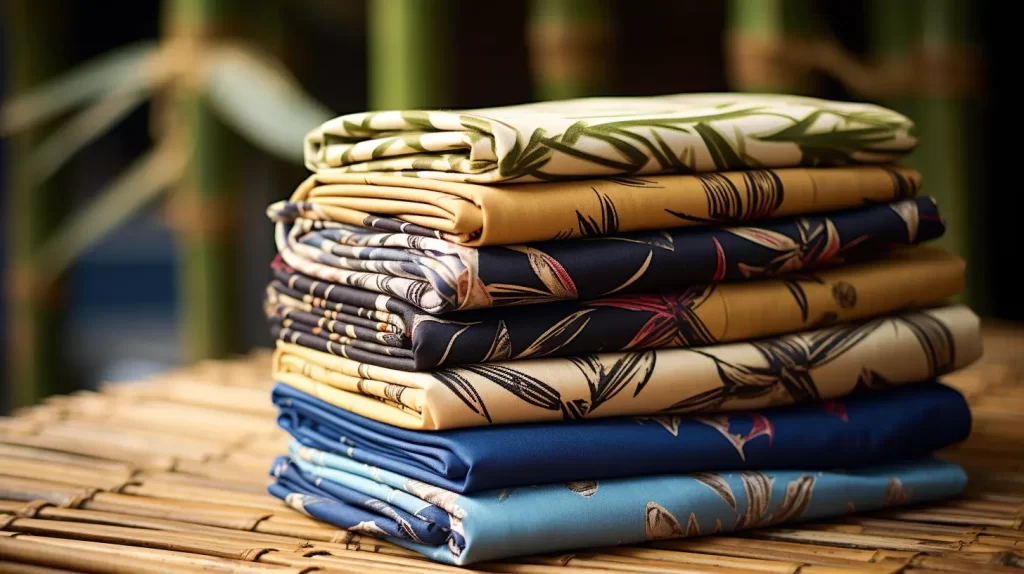

Talking about bamboo fabrics, let’s zoom in on the two stars of the show: viscose and lyocell. 🌟 Each one brings its own flair to the party. Viscose? Silky smooth and cool. Lyocell? Super soft and strong. But here’s the cool part: both have bamboo kun’s antibacterial touch. From keeping it fresh in medical gear to cozying up your home space, these fabrics have got you covered. Let’s unwrap the secrets behind their textures and strengths, and see why they’re not just about looking good, but also about doing good! 🌍✨
Understanding the Differences: Texture, Durability, and Antibacterial Properties
When comparing bamboo fabrics, it’s essential to note that texture, durability, and antibacterial properties vary significantly between viscose and lyocell. Here’s what you need to keep in mind:
- Texture: Viscose tends to have a silkier feel, while lyocell often boasts a softer, more cotton-like texture.
- Durability: Lyocell is generally stronger and more durable than viscose, both in wet and dry conditions, making it a longer-lasting fabric choice.
- Antibacterial Properties: While both fabrics may possess antibacterial qualities due to bamboo’s natural properties, the manufacturing process of lyocell helps retain more of these properties compared to viscose.
Understanding these differences can help you make an informed decision when selecting bamboo-based products. It is important to note that there are viscose products on the market that have retained antibacterial properties as well. It comes down to the manufacturer!
The Role of Bamboo Kun in Different Bamboo Fabrics
Let’s zero in on how bamboo kun plays out differently in viscose and lyocell. Both viscose and lyocell get their superpowers from this cool bio-agent. But here’s the twist: the way they’re made changes the game.
Viscose is like a metamorphosis – bamboo pulp gets dissolved and reformed into fibers. It’s a bit of a rough journey for our hero, bamboo kun, and some of its antibacterial powers get lost along the way. 🦸♂️
Lyocell, on the other hand, is more like a gentle transformation. It keeps more of bamboo kun’s antibacterial mojo intact. That means lyocell keeps rocking those germ-fighting vibes stronger and longer than viscose. 🌟
So, when you’re picking out your next bamboo fabric, remember: it’s not just about the feel, it’s also about how much of bamboo’s natural goodness is packed inside!
Bamboo in Healthcare: Antibacterial Applications in Medical Products
Given the varying antibacterial properties of bamboo fabrics, you’ll find their application in healthcare particularly intriguing, with lyocell being more favored for medical products due to its higher retention of bamboo kun. This natural substance is thought to resist bacteria, which is essential in environments where cleanliness is paramount.
Here’s why bamboo lyocell is gaining traction in medical applications:
- Enhanced Durability: Lyocell fibers maintain strength when wet, making them suitable for reusable medical textiles.
- Eco-friendly: The closed-loop production process of lyocell is less taxing on the environment, aligning with the green initiatives in healthcare.
- Comfort: With superior moisture-wicking properties, lyocell fabrics offer better comfort for patients and medical staff, reducing the risk of skin irritations.
Wrapping up, bamboo lyocell is making waves in healthcare, not just for its germ-fighting prowess but also for its strong, eco-friendly, and comfy features. From durable hospital gowns to soft, skin-friendly bedding, lyocell’s winning combo of sustainability and antibacterial properties is setting new standards in medical textiles. It’s all about keeping patients and medical staff comfy and safe, one bamboo lyocell product at a time! 🏥💚🌱
Home and Hygiene: Bamboo in Cleaning and Personal Care
Bamboo’s journey into our homes extends beyond furniture and fabrics, finding its way into our daily cleaning and personal care routines. Its natural antibacterial qualities offer a hygienic edge, making bamboo products a preferred choice for eco-conscious households. Whether it’s starting your day with a bamboo toothbrush or cleaning your home with bamboo-based products, each use underscores a commitment to both personal health and environmental sustainability.
- Bamboo Toothbrushes: Combining oral hygiene with environmental care, these toothbrushes offer a sustainable alternative to plastic.
- Bamboo Skin Care Items: Gentle on the skin and effective in combating bacteria, bamboo-based skincare products are a natural choice for beauty routines.
- Bamboo Cleaning Cloths and Scrubbers: Durable, absorbent, and naturally antibacterial, these items make for efficient and eco-friendly cleaning tools.
- Bamboo Wipes: Ideal for sensitive skin, bamboo wipes are both soft and naturally antibacterial, perfect for quick clean-ups.
In embracing bamboo products for personal and home hygiene, you’re not just making a choice for healthier living, but also for a healthier planet 🌍. These bamboo-based items, with their natural antibacterial properties, offer a practical and sustainable solution 🌿, aligning with our growing desire to live greener lives 🌱. As we continue to explore bamboo’s versatile uses, it becomes clear that this remarkable material is more than a trend; it’s a testament to the harmonious blend of nature’s ingenuity 🍃 and human innovation 💡.
Bamboo in the Kitchen: Ensuring Food Safety and Hygiene
In the heart of your kitchen, bamboo makes a grand entrance not just as a sustainable choice 🌿, but also as a guardian of food safety and hygiene 🛡️. Bamboo’s natural antibacterial properties are particularly significant in utensils, dishes, drinkware, and cutting boards – items that are in constant contact with our food 🥄🍽️🍶. Embracing these bamboo products is not just a style statement; it’s a step towards ensuring a cleaner, healthier food preparation environment 🌱.
- Bamboo Utensils: Naturally resistant to bacteria, these utensils help keep your cooking process more hygienic 👩🍳.
- Bamboo Dishes and Drinkware: Durable and antibacterial, perfect for everyday dining and ensuring safer food consumption 🍲.
- Bamboo Cutting Boards: Known for their antibacterial qualities, making them a safer choice for chopping and food prep 🍽️.
- Bamboo Serving Trays: Ideal for serving food while maintaining cleanliness and style 🍛.
Choosing bamboo for your kitchenware is more than a trend; it’s a conscious decision towards a healthier lifestyle and a cleaner environment 🌍. These bamboo products, with their inherent antibacterial properties, offer a reassuring blend of safety, sustainability, and style 🌟. As we continue to value both our health and the planet, incorporating bamboo into our kitchens serves as a reminder of the small, impactful choices we can make every day 🌱💚.
Bamboo in Childcare Products: Safe and Hygienic Options for Kids
When selecting childcare products, the materials we choose are as important as the products themselves. Bamboo, particularly in its lyocell form, emerges as a standout choice for kids’ items. This eco-friendly and gentle material is ideal for sensitive young skin, offering comfort without compromising on hygiene.
- Bamboo Lyocell Clothing: Soft, breathable, and naturally antibacterial, perfect for children’s sensitive skin.
- Bamboo Bedding: Hypoallergenic and thermoregulating, ensuring a comfortable sleep environment for kids.
- Bamboo Toys: Durable and safe, free from harsh chemicals, and easy to clean.
Incorporating bamboo lyocell into childcare products isn’t just a matter of style; it’s a conscious decision for your child’s health and the planet’s wellbeing 🌍. With its natural antibacterial properties and eco-friendly credentials, bamboo offers a reassuring blend of safety 🛡️, sustainability 🌱, and comfort 🤗. Choosing bamboo for your child’s needs reflects a commitment to a healthier lifestyle and a greener future.
Bamboo for Pet Care: A Natural Choice for Pet Hygiene
In pet care, the versatility of bamboo extends beyond just fabric options. Bamboo charcoal, in particular, stands out for its remarkable deodorizing properties. Integrating bamboo viscose or lyocell with bamboo charcoal in pet products not only ensures softness and comfort but also actively combats odors, keeping pet areas fresh and hygienic.
- Bamboo Charcoal in Pet Bedding 🐶🌑: Excellent for odor control, keeping pet beds fresher for longer.
- Bamboo Viscose and Lyocell Fabrics 🐾🌱: Soft and comfortable for pet bedding and accessories, with inherent antibacterial qualities.
- Antibacterial Pet Toys 🎾🌿: Made from bamboo (and oft with bamboo charcoal), these toys help maintain cleanliness and reduce odor.
Choosing bamboo products for pets, especially those enhanced with bamboo charcoal, provides a hygienic, odor-controlling solution that benefits both pets and owners. These products not only offer comfort and sustainability but also an added layer of cleanliness, making them an ideal choice for maintaining a fresh and healthy home environment. Embracing bamboo in pet care is a testament to caring for our pets while being mindful of our ecological footprint.
The Science Speaks: Analyzing Research on Bamboo’s Antibacterial Claims
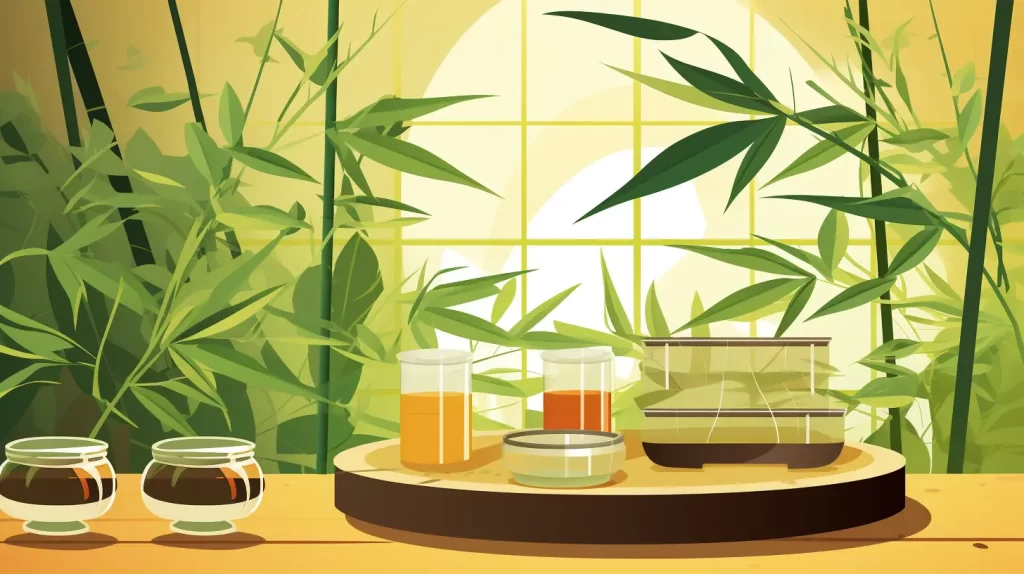

It is very difficult to sift through the noise when looking for actual scientific research around the antibacterial properties of bamboo, bamboo fabric, and the marketing fluff that is out there. There have even been complaints about companies falsifying claims about their products in this space. First, let’s break this down and focus on bamboo vs bamboo fabric. We have a whole article dealing specifically with fabric here:
<<< post about bamboo fabric antibact
Gist of bamboo fabric – it depends on the manufacturer. Lyocell fabric will retain more antibacterial properties than viscose (aka rayon), but it really does come down the to manufacturer in both cases.
Now, bamboo products themselves (non fabric) made directly from bamboo wood itself. Is there proof that these products have antibacterial properties? Again, it comes down to the manufacturer. That’s the worst answer – it depends. 🙂
Backing it up one more step – does bamboo itself (the plant) have antibacterial properties? Absolutely. This is definitely not in dispute and you can see a lot of research on the web about this. If you want a solid read on the subject (as you are about to drift to sleep in your luxurious bamboo sheets), check out this article from the National Library of Medicine.
Beyond Antibacterial: The Environmental Impact of Bamboo


Bamboo isn’t just about keeping things germ-free; it’s a green warrior for our planet too! 🌎🌱 Its superpowers go beyond the surface, playing a big role in cutting down carbon dioxide and purifying the air we breathe. 🌬️🍃 This makes bamboo more than just a material; it’s a champion for the environment. By choosing bamboo, you’re not just picking a product; you’re making a smarter, eco-conscious choice that celebrates and supports our planet’s health. 🌿💚 Remember, every bamboo item you choose is a high-five to Mother Nature! 🖐️🌍
Bamboo’s Role in CO2 Reduction and Air Purification
Beyond its antibacterial properties, you’ll find that bamboo also plays a significant role in reducing CO2 and purifying the air. This fast-growing plant is a powerhouse when it comes to environmental benefits. Here’s how bamboo steps up:
- Rapid Growth 🚀: Bamboo can grow up to 91 cm (36 in.) in a single day, meaning it absorbs carbon dioxide quickly and can be harvested regularly without deforestation concerns.
- High Oxygen Production 🌬️: Compared to trees, bamboo forests produce 35% more oxygen, contributing to cleaner, healthier air.
- Soil Protection 🌱: Bamboo roots stabilize soil, preventing erosion and maintaining soil quality, which is crucial for air and water purity.
- Biodiversity Support 🐝: Bamboo forests support a wide range of wildlife, offering a habitat for various species and enhancing biodiversity.
Embracing bamboo isn’t just about using a material with natural antibacterial qualities; it’s about investing in a greener planet.
Making an Eco-Friendly Choice: The Bigger Picture of Bamboo Usage
Going bamboo isn’t just about fighting germs, it’s a big high-five to our planet! 🌍🌱 This amazing plant grows super fast, doesn’t need nasty pesticides, and is cool with just a little water, making it a total eco-champ. 🚀💧 It grows so quickly that it’s ready for harvest without the guilt of deforestation or ecosystem damage. And guess what? Bamboo is totally biodegradable, saying ‘no thanks’ to landfill chaos. 🌿➡️🌏
When you pick bamboo over plastics or other common materials, you’re basically choosing a greener footprint. 🦶🍃 Bamboo lets you join in on a cycle of renewal, something those old-school materials just can’t keep up with. It’s all about setting up a greener, happier planet for the next generations. 🌳💚 Embracing bamboo means you’re part of the change – one sustainable choice at a time!
Conclusion: The Verdict on Bamboo’s Antibacterial Properties


🌿🔄 As we’ve zigzagged through the bamboo maze, discovering its antibacterial secrets, it’s time to stitch it all together. Armed with knowledge, you’re ready to make smart, eco-savvy choices about bringing bamboo into your world. Looking ahead, let’s imagine how bamboo might redefine our green practices. 🌍💚
Wrapping It Up: The Bamboo Lowdown
Bamboo’s got this cool agent, kun, that’s a bit of a germ-fighter. But here’s the catch: how bamboo is turned into products really matters. Not all bamboo goods have the same germ-busting power, so keep an eye out! 🔍 Make sure to do a little detective work on those labels and manufacturing processes to grab the best of bamboo’s antibacterial action.
Looking Ahead: The Future of Bamboo in Sustainable Practices
Many bamboo products pack a bit of this antibacterial punch, nudging us towards a more sustainable lifestyle. Imagine a world where bamboo reduces our need for harsh chemicals. That’s a world with fresher homes and a happier planet! 🏡🌳 Bamboo might not be a total superhero, but it’s definitely got some eco-powers up its sleeve.
As tech gets smarter, these bamboo benefits could get even better. So, keep your eyes peeled and your mind open, because bamboo’s role in our eco-friendly future looks pretty bright. By choosing bamboo, you’re not just picking a product; you’re part of a greener, kinder tomorrow. 🌟🌏


Bamboo FAQ
Q: Are bamboo products naturally antibacterial?
A: Yes, bamboo products have natural antibacterial properties. Studies have shown that bamboo contains a unique bio-agent called “bamboo kun,” which makes it naturally resistant to the growth of microbes and bacteria.
Q: What kinds of bamboo products have antibacterial properties?
A: Almost all products made from bamboo, such as bamboo fabric (depending on manufacturing), utensils, flooring, and even cutting boards, possess antibacterial properties due to the natural presence of bamboo kun.
Q: How does the antibacterial property of bamboo work?
A: Bamboo contains antimicrobial properties that inhibit the growth of bacteria. This property is inherent in the bamboo itself and does not diminish over time (if products are cared for correctly), making it an excellent choice for items where cleanliness is a priority.
Q: Does the antibacterial effectiveness of bamboo products wear off over time?
A: This depends. With proper care, bamboo items will retain their antibacterial properties. Washing with harsh chemicals can diminish the natural antibacterial capabilities over time.
Q: Can the antibacterial property of bamboo be reduced by processing?
A: While some processing methods may reduce the antibacterial properties of bamboo, the majority of bamboo products retain their natural antibacterial qualities, especially those made using eco-friendly and sustainable processing techniques. What it really comes down to is we all need to check the manufacturers of our products to understand how they are made!
Q: Are all bamboo species equally antibacterial?
A: Different bamboo species have varying levels of antibacterial properties. However, the most common species used for commercial purposes, such as Moso bamboo, have been found to exhibit strong natural antibacterial qualities.
Q: Are there any scientific studies proving the antibacterial properties of bamboo?
A: Yes, numerous studies have been conducted to demonstrate the antibacterial and antimicrobial properties of bamboo. These studies have consistently shown that natural bamboo fiber exhibits strong antibacterial efficiency. A few are linked above and in our other articles!


